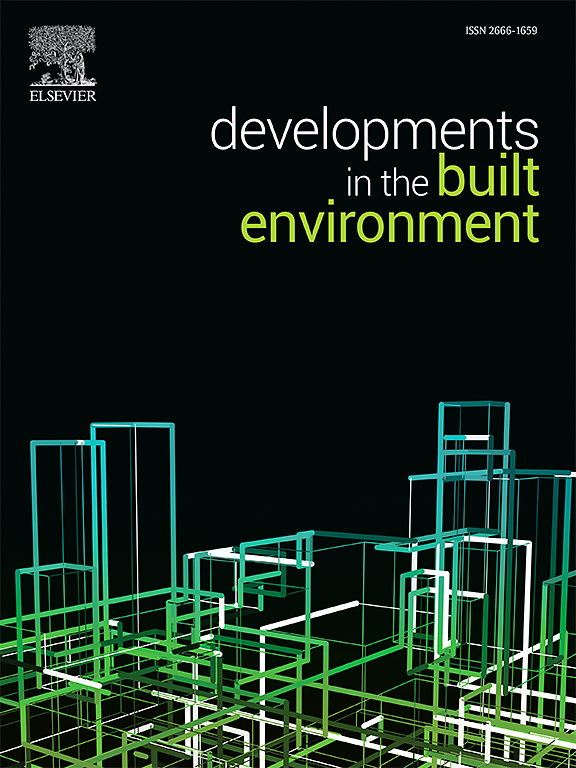家庭能源服务对自然灾害的适应力行为:延伸保护动机理论的视角
IF 8.2
2区 工程技术
Q1 CONSTRUCTION & BUILDING TECHNOLOGY
引用次数: 0
摘要
家庭需要实施预防措施,为日益增加的自然灾害做好准备,但调查和解释与能源有关的恢复力行为的研究仍然有限。这项基于调查的研究考察了家庭对能源弹性行为的意图:(1)主动措施,包括结构性措施(例如,升级家庭/电器)和紧急行动(例如,确保备用能源),以及(2)反应性(回避)措施,即减少灾害期间的能源使用。利用扩展的保护动机理论框架和结构方程模型,本文揭示了家庭对主动措施的意愿低于被动措施。威胁评估(即,感知到的严重性和脆弱性)显著地增加了行为意图,而感知到的成本或不适持续地减少了它们。相反,反应效能,定义为行动的感知有效性,只显著影响反应措施。更重要的是,自我效能感作为实施预防行为的感知能力,是主动行动的关键决定因素(β = 0.39或0.62),而节能知识主要驱动反应性行为(β = 0.39)。反应知识在外部支持的强化下,通过增强自我效能感,直接或间接地增强行为意图。这些发现强调了提高对抗灾行为的认识和扩大社会支持,以加强家庭备灾和维持灾害期间的基本能源服务。本文章由计算机程序翻译,如有差异,请以英文原文为准。
Unraveling household energy service relevant resilience behaviors for natural disasters: Perspective of extended protection motivation theory
Households need to implement preventive measures to prepare for increasing natural disasters, yet research on investigating and explaining energy-related resilience behaviors remains limited. This survey-based study examines household intentions toward energy resilience behaviors: (1) proactive measures, including structural (e.g., upgrading homes/appliances) and emergency actions (e.g., securing backup energy), and (2) reactive (avoidance) measures, i.e., reducing energy use during disasters. Using an extended Protection Motivation Theory framework and structural equation modeling, this paper reveals that households have lower intentions toward proactive measures than reactive measures. Threat appraisal (i.e., perceived severity and vulnerability) significantly increases behavioral intentions, while perceived cost or discomfort consistently reduces them. In contrast, response efficacy, defined as perceived effectiveness of actions, only significantly influences reactive measures. More importantly, self-efficacy, as the perceived ability to perform preventive behaviors, is the key determinant of proactive actions (β = 0.39 or 0.62), while energy-saving knowledge predominantly drives reactive behaviors (β = 0.39). Furthermore, response knowledge, reinforced by external support, enhances behavioral intentions both directly and indirectly by strengthening self-efficacy. These findings underscore improving knowledge of resilience behaviors and expanding social support to enhance household preparedness and maintain essential energy services during disasters.
求助全文
通过发布文献求助,成功后即可免费获取论文全文。
去求助
来源期刊

Developments in the Built Environment
Multiple-
CiteScore
7.40
自引率
1.20%
发文量
31
审稿时长
22 days
期刊介绍:
Developments in the Built Environment (DIBE) is a recently established peer-reviewed gold open access journal, ensuring that all accepted articles are permanently and freely accessible. Focused on civil engineering and the built environment, DIBE publishes original papers and short communications. Encompassing topics such as construction materials and building sustainability, the journal adopts a holistic approach with the aim of benefiting the community.
 求助内容:
求助内容: 应助结果提醒方式:
应助结果提醒方式:


